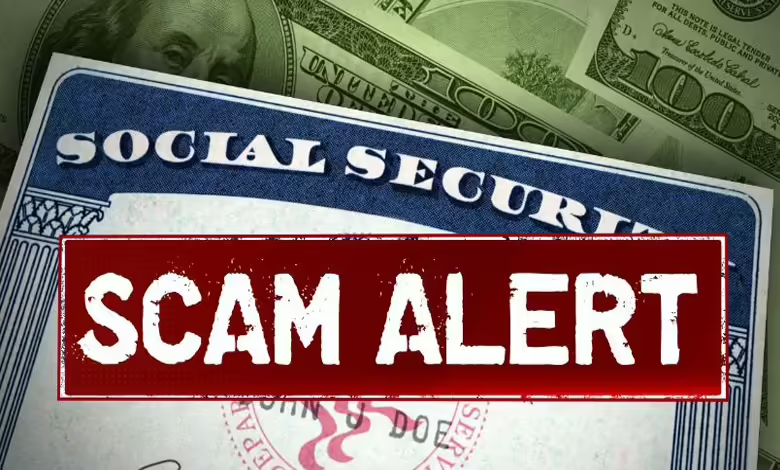What You Need to Know About Social Security Scams

Social Security numbers are prime targets for identity theft. What better way for scammers to obtain one than by impersonating the Social Security Administration (SSA)?
Common Social Security Scams
A common scam involves someone posing as an SSA representative contacting you about a supposed problem with your Social Security number. For example, they may say that your number has been linked to criminal activity and suspended and ask you to confirm your number so they can reactivate it or claim they can issue you a new one for a fee.
Another example is when an imposter may call you to “activate” your cost-of-living adjustment (COLA), claiming you must pay a fee or verify your name, date of birth, and Social Security number to receive an increase in benefits.
These are lies: The SSA does not suspend Social Security numbers, and COLAs are applied automatically to your benefit payment.
Once scammers have your identifying information, they can ask the SSA to change your record’s address, phone number, and direct deposit information, thus diverting your Social Security payments.
How do scammers contact people?
Robocalls are the most common way scammers reach out, often threatening to seize your bank account due to alleged illicit activity tied to your Social Security number or offering to help transfer your money for safekeeping. Impostors also use phishing emails, texts, social media messages, and even paper mail to reach their targets.
To appear legitimate, some scammers use the real names of Social Security officials, recite fake “badge numbers,” or stamp mailings with counterfeit SSA letterhead. They may even send you phony credentials to “prove” they’re conducting genuine Social Security business.
Telltale signs of a scam
The government’s large-scale, multifaceted effort to spread the word about these scammers — and stop them — includes warnings about telltale signs of a Social Security scam.
If someone contacts you claiming to be from Social Security, you can be sure it’s a scam if they:
- Threaten to suspend your Social Security number.
- Warn of arrest or other legal action.
- Demand secrecy.
- Pressure you to take immediate action, such as making a payment or providing personal information, to avoid consequences.
- Ask for payment by gift card, prepaid debit card, cryptocurrency, or mailing cash.
- Threaten to seize your bank account.
- Offer to move your money to a “protected” account.
- Promise to increase your Social Security benefit if you provide personal information.
- Contact you via direct message on social media.
The real Social Security Administration will never engage in any of these tactics.
What should you do if you spot a scam?
If a Social Security scam targets you, report it immediately to the SSA’s Office of Inspector General and the Federal Trade Commission. Be ready to provide all the details about the call.





